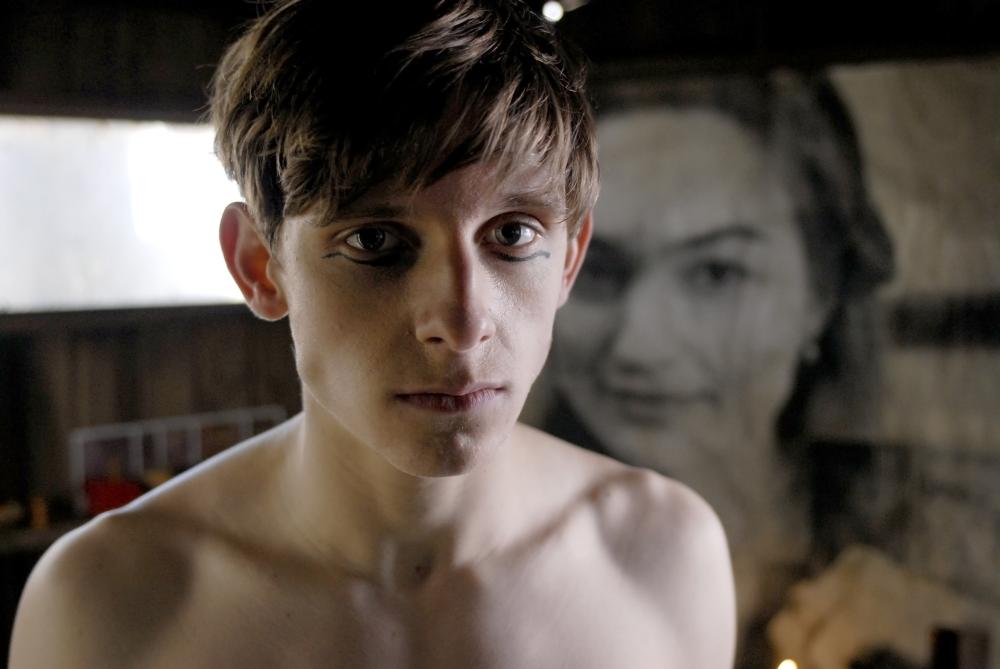
The term Oedipus complex explains the unconscious emotions that the mind represses that concentrates upon a child’s desire to have sexual relations with the parent of the opposite sex, specifically son to mother.
Sigmund Freud coined the term “Oedipus complex”, also deprecated the term “Electra complex”, which was introduced by Carl Gustav Jung in regard to the Oedipus complex manifested in young girls. However, now the “Oedipal complex” usually refers to the sexual desire between a son and his mother and does not have to be reciprocated.
The boy directs his libido (sexual desire) to his mother, and directs jealousy and rivalry against his father — because it is he who sleeps with his mother. Therefore, the boy wants to kill his own father in order to take out the competition. This complex psychological phenomenon is not completely generalizable but is evident in some films which explored the theme, or insinuate it.
1. Psycho (1960)
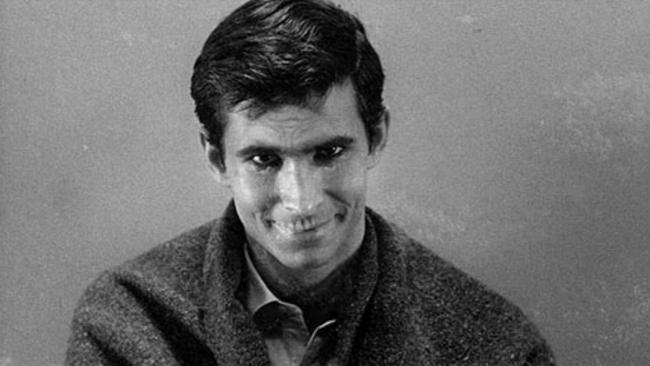
Hitchcock’s revolutionary psychological thriller-horror excels not only through his masterly editing and his radical portrayal of sex, violence and perversion in film, but also for swift, misleading storytelling and set-up that twists in unexpected directions that shocks the viewers and leaves them revaluating everything they had thought they knew.
Hitchcock filmed in black and white, used his television show crew and had a low budget, making the film’s gritty and dark essence reminiscent of a cheap exploitation film, in the best way possible. He distracts the viewers with a standard plot and a pretty blonde girl but leaves his real tale to unravel in the back of our minds until it is made all too clear at the end.
Marion Crane (Janet Leigh) is a woman on the run with around $40,000 in stolen cash, hardly an innocent girl, but as she stole it from a creep and desperately needed it, the audience looks straight past that and instead focuses on her curly blonde hair, her brassiere and the fear in her eyes. She settles down for the night at the Bates Motel, where she is greeted by the proprietor, Norman Bates (Anthony Perkins).
Perkins shows us that there is something fundamentally wrong with Norman from his overheard discussions with his unseen mother and his peeping, but he still somehow manages to evoke sympathy and be likable. Trapped with his mother inside the Bates mansion, Norman hardly socialised with anybody else, and therefore had no outlet for his repressed sexual instincts which grew out of his abnormal relationship with his mother, leaving him unable to direct these feelings towards someone else.
Instead, his jealousy of his mother and her partner was lashed out at them and just as he was jealous of her, he expects his mother to be jealous of him – leaving a building body count of girls he encounters behind him.
2. Mommy (2014)
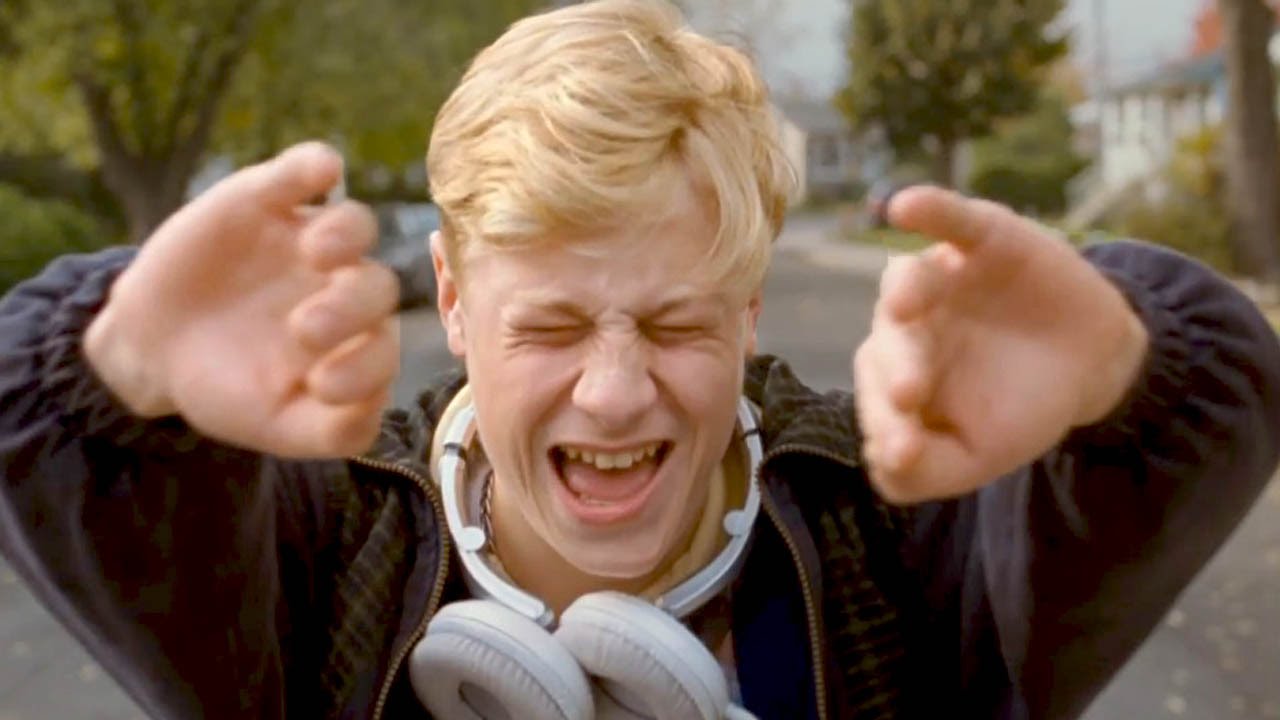
Probably Xavier Dolan’s most successful film to date, the drama follows Diane “Die” Després (Anne Dorvil, who has starred in most of Dolan’s works), a widowed mother who is struggling to support herself and her overwhelmingly difficult and troubled son Steve (Antoine Olivier Pilon), who can sometimes become violent.
After the two are reunited after he is thrown out of an institution for setting the canteen on fire and seriously harming another person, they meet a new and shy neighbour from across the street, Kyla (Suzanne Clement). They form a strange, unlikely and fun trio whose relationships are tested by Steve’s unexpected tantrums and irritating childishness. The three leads manage to convey melodramatic realism through brilliantly translating the power each of the characters has.
Pilon manages to flirt with everybody, his mommy included. Frequently touching her inappropriately and cussing at her, she is his best friend, and he is hers. He goes from choking her to giving her a necklace and kisses in an instant and while Die tells him off for any indecent jokes, she still laughs at them. Their oedipal complex provides her an electric and fierce authority which she utilises to try to control her child.
Frequently punctuated by musical interludes filled with pop music that is synced with slow motion shots of movement, the film’s square 1:1 aspect ratio’s tight frame seems to create a claustrophobic atmosphere which serves to reflect their limited means. It was selected to compete for the Palme d’Or at the Cannes Film Festival, where it won the Jury Prize as well as winning a César Award for Best Foreign Film.
3. Only God Forgives (2013)
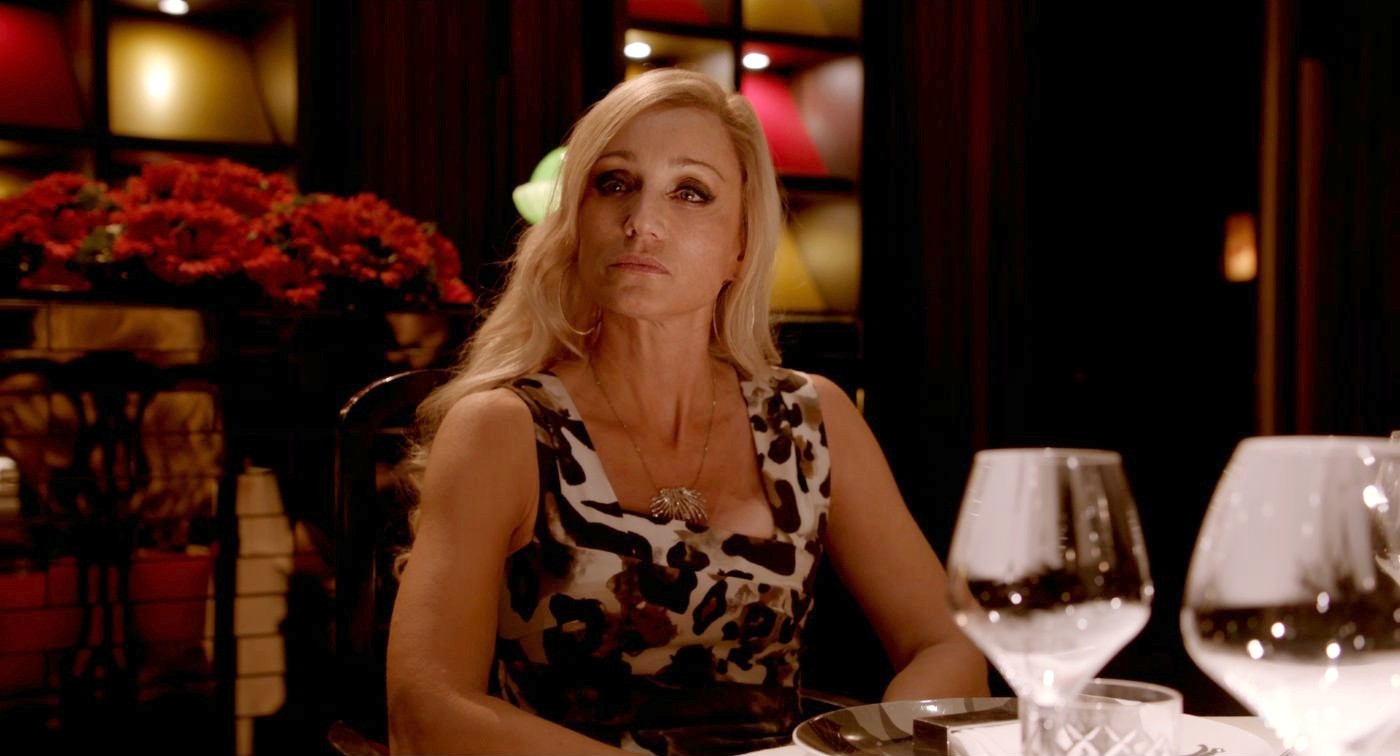
Nicolas Winding Refn’s follow up to his cult hit “Drive” is a Danish-French, arthouse thriller that also stars Ryan Gosling as Julian, an American who runs a muay Thai club in Bangkok that is a front for a drug smuggling operation. His older brother Billy rapes and kills a 16-year-old sex worker.
After being caught by Lieutenant Chang, Chang allows the girl’s father to beat Billy up, except he goes too far and kills him. Julian attempts to avenge his brother until he finds out the reason for his death. Their mother, Crystal (a barbiefied Kristin Scott Thomas), flies to Bangkok to bury Billy and to find out who killed her first-born son and kill him.
Once she discovers that Julian met him and did not murder him, she continually harasses him, insults him and emasculates him by comparing the size of his penis to his brother’s and telling his hired girlfriend that he could never match up to Billy and that he was always jealous of their close relationship, a classic hint to Freud’s Castration complex and penile envy.
The film insinuates that Julian murdered his father at the request of Crystal, and that is the reason why he has fled from America to Bangkok. Another Oedipul reference is when Julian sticks his hand into his mother’s womb which carries many connotations regarding Freud’s hypothesis of womb-envy where the son tries to reconnect with the mother and return to the womb, which they identify as the place they belong and come from.
Since Julian was neglected as a child in favour of Billy, he desperately tries to gain his mother’s approval by any means necessary, either by taking her taunting insults, killing whoever is responsible for Billy’s death, or even murdering his own father to take out the competition.
While the film heavily economises on words (there are about five pages of dialogue, half of them in Thai, with Gosling only speaking 17 lines throughout), it does manage to attain a distinct, graphic style that is incredibly still, stationary and unnervingly quiet until someone slices someone’s throat. The characters immobility makes them part of the neon-lit, strangely scored backdrop and emphasises their emotionally dynamic expressions.
4. The Grifters (1990)
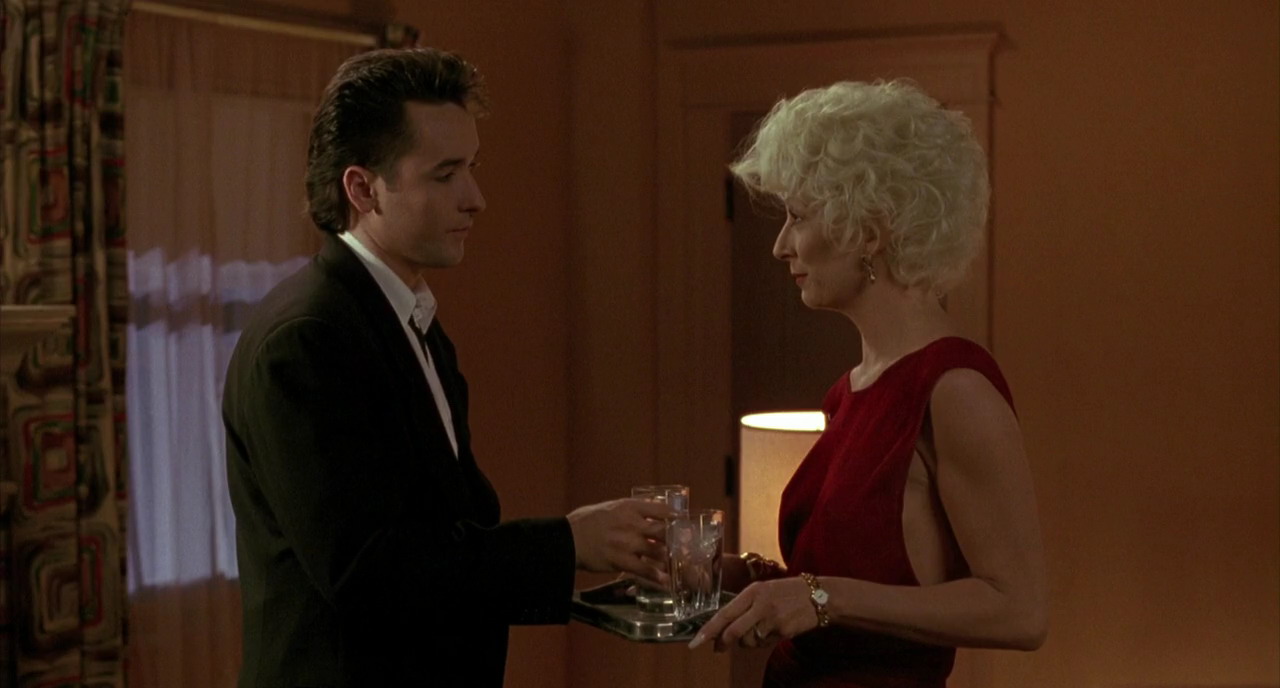
This neo-noir crime drama film directed by Stephen Frears, produced by Martin Scorsese, and written by Donald E. Westlake, based on Jim Thompson’s pulp novel of the same name, focuses on three con-artists, Lilly Dillon (Angelica Huston), her small-time grifting, estranged son Roy (John Cusack) and his new girlfriend Myra Langtry (Annette Bening).
Lily, who makes large cash bets at race tracks to lower the odds of longshots spontaneously, goes to L.A to see her son Roy, whom she hasn’t seen in eight years. She finds him in pain and bleeding internally after he was hit by a person he tried to scam. Lilly urges her son to quit the grift but he ignores her. At the hospital, Lilly meets and instantly dislikes Roy’s older girlfriend, Myra and urges her son to quit the grift, saying he literally does not have the stomach for it.
Myra witnesses their dark tension and after Roy refuses to become her long con partner, accuses him of having an incestuous past with his mother, who isn’t that much older than him, explaining why he hates her and why she has so much power over him.
Soon, the three create a murderous, hateful triangle of blackmail which leads to Lily trying to seduce her own son to get away with his money. The uncomfortable nature of their relationship is noticeable from the moment they reunite and from how competitive Lily is with Myra.
5. I’m Glad My Mother Is Alive (2009)
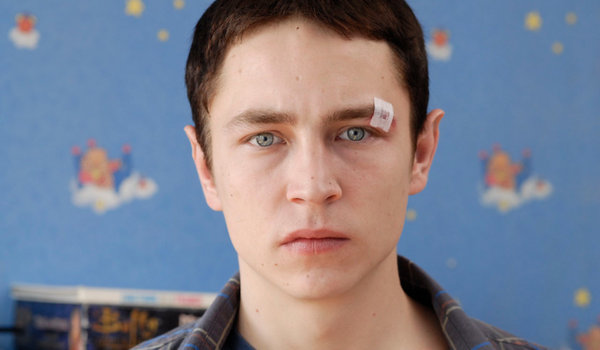
This French Drama follows Thomas Jouvet (Vincent Rottiers), and his younger brother, Patrick, who were given up for adoption by their birth mother when Thomas was 5-years-old. He tracks down their birth mother, Julie Martino (Sophie Cattani), a woman who was too young to be a fit mother.
Finally finding the woman he has been obsessed with for so long leads to an unstable blend of curiosity, desire and resentment. Full of complex characters who jump around in time from when Thomas was young and was left alone to look after his brother and accidently put him in harm’s way, to when he was in boarding school and found out where his birth mother lived to the multiple times he tried to reconnect with her.
Thomas’s parents struggle to handle their rebellious son’s anger but are unable to tame his rage. His feelings build up over years of rejection, when he finally inserts himself into Julie’s life properly. She, now a divorced mother with a young son, Frédéric, who is around the same age Patrick was when she left him, needs help with the baby. Thomas volunteers to baby-sit for his half-brother, but his family doesn’t know that he has found his birth mother and is trying to figure out his feelings.
6. I Killed My Mother (2009)
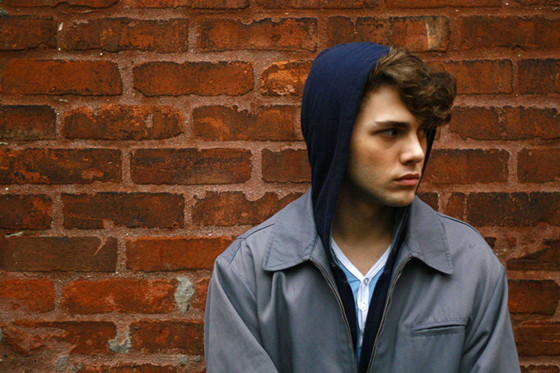
Xavier Dolan wrote the script for his directorial debut when he was just 16-years-old and directed it when he was 19-years-old. His Quebec semi-autobiographical explores the complex relationship between mother and son, especially as both of them get older.
The film begins with Hubert Minel (Xavier Dolan) giving a black-and-white monologue explaining how he loves his mother, Chantale (Anna Dorval), but not as a son loves their mother. It’s a disconnected love combined with a deep hatred which cannot be fully explained. He says that when they were younger, they were closer, but then his father left and she was his only friend for a long while – making her the only person he was really exposed to and thus grew to detest her.
After countless arguments over futile problems, Hubert’s assignment is to write about one of his parents’ professions. He explains to his teacher, Ms Cloutier (Suzanne Clément) that he hardly sees his father so he can’t write about him, and that he can’t write about his mother, because she is dead. After the teacher finds out that it is a lie, she asks why he killed his mother –which inspires Hubert to write an for school titled “I killed My Mother.”
The film attracted international press attention when it won three awards from the Director’s Fortnight program at the 2009 Cannes Film Festival. After being shown, the film received a standing ovation.
7. Harold And Maude (1971)
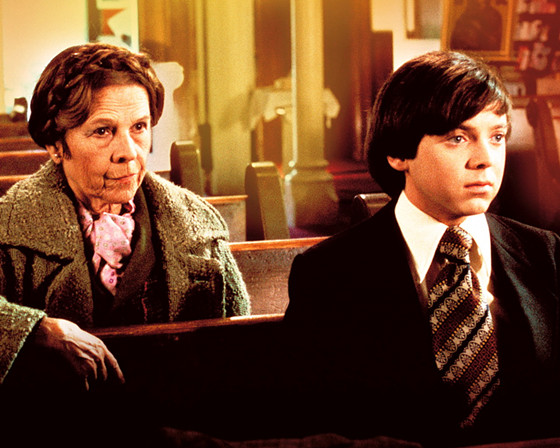
Hal Ashby’s cult film revolves around the young and rich Harold Chasen (Bud Cort, who was 21-years-old at the time) whose obsession with death stems from his fear of life and aging. His time is spent attending strangers’ funerals and staging elaborate and theatrical fake suicide attempts to attract his mother’s (Vivian Pickle) attention.
He meets the old 79-year-old Maude (Oscar winning actress and Oscar nominated screenwriter Ruth Gordon) who also attends strangers’ funerals, but for a different reason. She is not afraid of death. Rather, she longs for it. A love story grows out of their obsessive habits, revolting all other characters in the film. Her fondness for life contrasts with his morbid outlook. The film runs over a week or so until Maude’s 80th Birthday, although it seems much longer than that since their relationship escalates rapidly.
All the while, his mother fixes up many dates for him to go on so he can settle down. All of which dramatically fail due to Harold’s horrific and gruesome feigned self-mutilating acts that scare off each girl his mother pleads for him to consider. His obsession for attention may be a factor that causes him to date Maude, since it leads to his mother being outraged, disgusted and ashamed.
With a Cat Stevens soundtrack and running commentary from his psychiatrist about his extreme Oedipus complex that is so severe that it skipped a generation, the film integrates dark humour with existential drama.